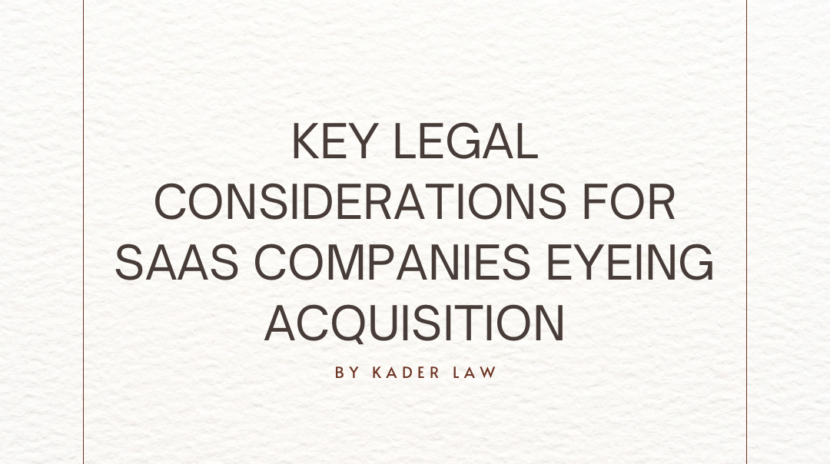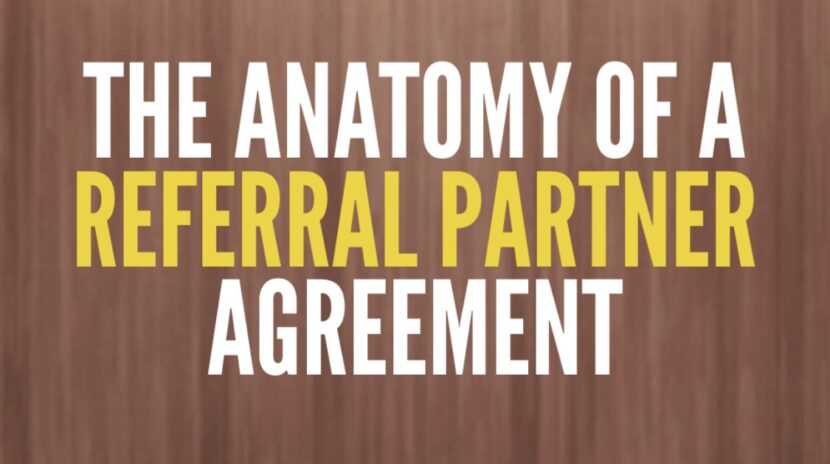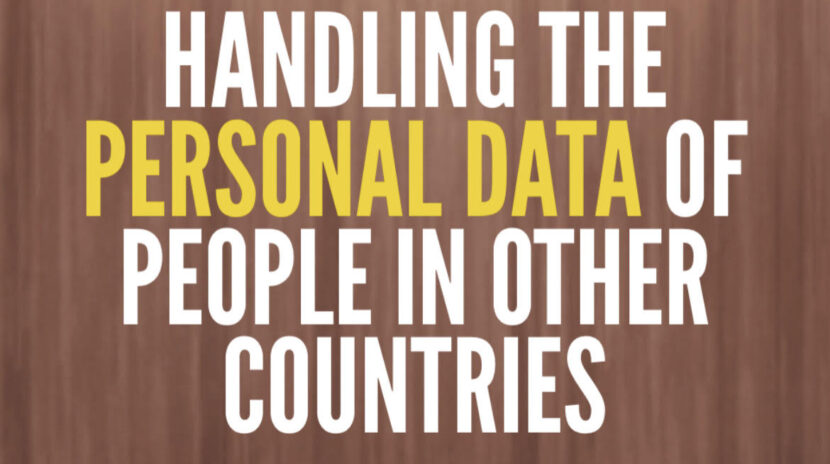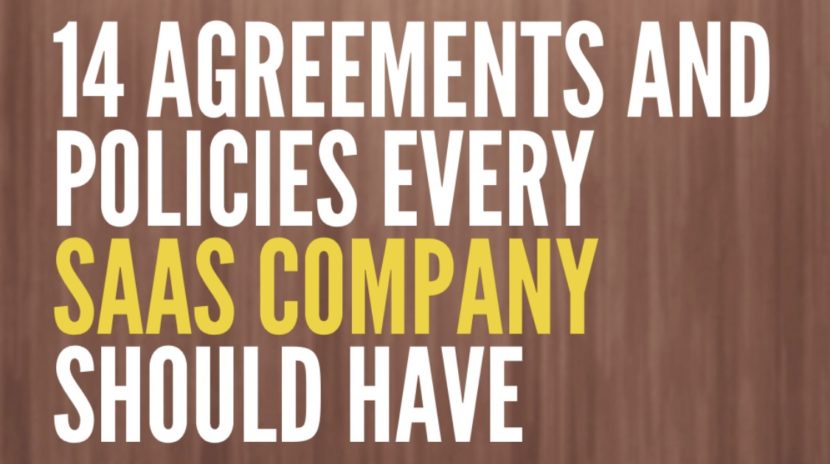For a Software as a Service (SaaS) company, being an attractive acquisition target involves a meticulous legal framework and compliance strategy. Here are key legal aspects a SaaS company should prepare for to enhance its appeal to potential buyers and facilitate a smooth acquisition process:








